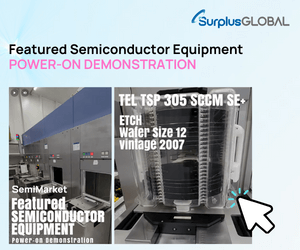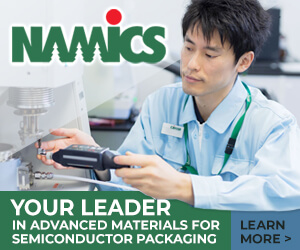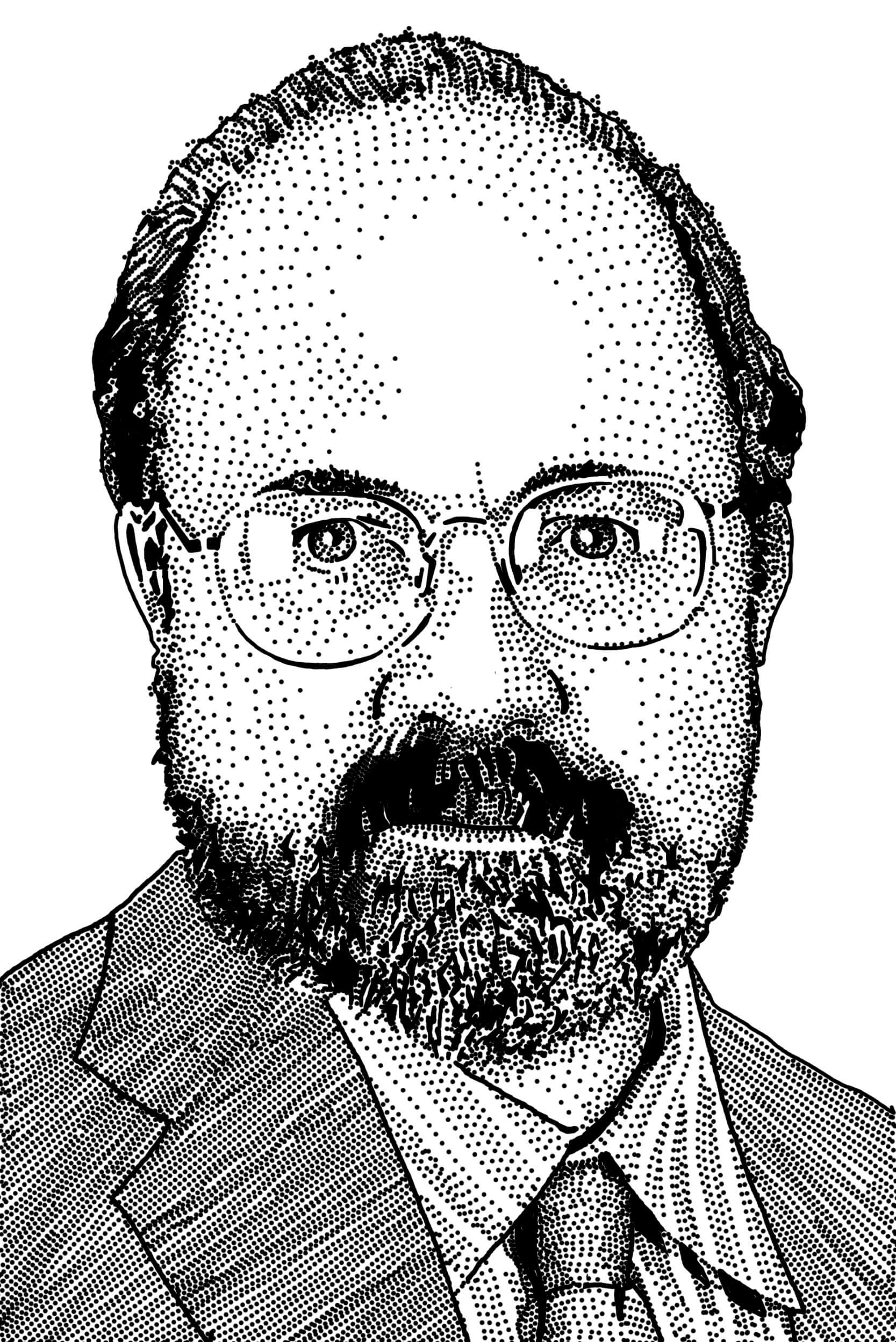We’re all on this earth together, and in spite of our cultural and geopolitical differences, we all recognize that we need to be better stewards of the planet. As part of this, semiconductor manufacturing sustainability has become a major focus of the industry. The contribution of the semiconductor industry to making products that improve efficiency, reduce waste, and deliver superior performance must be balanced with the significant environmental impact that producing advanced technology chips generates. Chip makers and suppliers must work together to reduce waste and improve efficiency in all areas.
Innovations that enable smart mobility, smart cities, smart manufacturing, and smart agriculture are just some of the ways the semiconductor industry is contributing to achieving global sustainability goals. Ironically, the global data explosion driven by these innovations is creating a conundrum for semiconductor manufacturers and suppliers. The cost of manufacturing chips must also consider the cost to the environment.
As the semiconductor industry endeavors to support technologies that will make the world a better, safer, cleaner place, we need to increase efforts for sustainability in semiconductor manufacturing. If we focus on reducing our environmental footprint, we can make sure we’re not simultaneously destroying the world we are trying to save. There are numerous things we can do together to improve industry sustainability and ultimately assure the survival of our planet.
- The recent effort by countries and regions to invest in localized semiconductor manufacturing capability is a rare opportunity to improve supply chain efficiency and reduce the impact of supply chain logistics on the environment. If the industry plans well, we can limit the risk of supply chain interruption and reduce recurring logistics inefficiencies that are not sustainable.
- Reducing waste in the chip manufacturing process through the use of better and more efficient tools. This will require a change in tool design, implementation of change in manufacturing processes, and change in long-standing practices. Change is not easy, but the industry has shown that it can accomplish huge change when chip makers and suppliers work together towards a common goal.
- Improve recycling and reuse practices to best-known methods. Continue to improve on these practices every day.
- Invest in and utilize efficient and renewable green energy solutions from tool manufacturing, chip building, and packaging, through final product assembly and delivery of end products.
- Reduce waste by Improving yields. Using the best and cleanest tools available will improve output and cost while also reducing wasted wafers and process steps.
- Limit Greenhouse Gas emissions through tool and process design as well as the use of effective abatement.
At ACM Research, we’re dedicated to working with customers to achieve sustainability goals. This includes local manufacturing using sustainable, renewable energy in high-volume manufacturing areas, limiting Greenhouse Gas emissions and wastewater in tool manufacturing, and producing tools designed to reduce, reuse, and recycle water and chemistries used in wafer processing.
Some examples of our tools that improve efficiency and reduce environmental impact are:
Ultra C Tahoe Cleaning System for photoresist stripping and advanced cleaning uses a two-step approach to optimize the advantages of wet-bench and single-wafer cleaning, thereby reducing energy use and minimizing waste. This can reduce chemical cost and use as well as the impact of effluents from the manufacturing process.
Ultra SFP AP, is our stress-free polishing tool for advanced packaging applications that features a proprietary electrolyte recycle-and-reuse system that consumes significantly less chemistry. The electrolyte and wet-etchant chemistries are recycled and reused in real-time through the system, reducing the overall usage of consumables. Furthermore, the system’s ability to reclaim the removed metals, which can then be used for other purposes, adds to its sustainable nature.
To learn more about how our wet-processing tools can help you meet your sustainability goals, contact me at jim.straus@acmrcsh.com



















